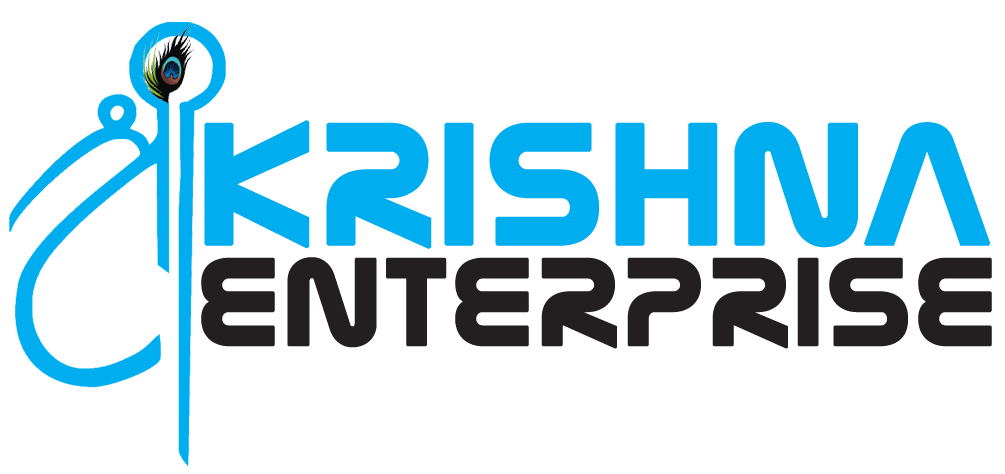The Evolution of Google Search: From Keywords to AI-Powered Answers
Following its 1998 arrival, Google Search has morphed from a elementary keyword identifier into a responsive, AI-driven answer tool. At first, Google’s discovery was PageRank, which sorted pages using the merit and total of inbound links. This redirected the web out of keyword stuffing in favor of content that acquired trust and citations.
As the internet proliferated and mobile devices surged, search habits altered. Google launched universal search to consolidate results (stories, pictures, moving images) and afterwards featured mobile-first indexing to show how people truly view. Voice queries employing Google Now and afterwards Google Assistant motivated the system to decode natural, context-rich questions in lieu of terse keyword phrases.
The upcoming advance was machine learning. With RankBrain, Google embarked on comprehending once fresh queries and user desire. BERT progressed this by comprehending the subtlety of natural language—particles, conditions, and interdependencies between words—so results better aligned with what people meant, not just what they specified. MUM widened understanding across languages and categories, giving the ability to the engine to correlate connected ideas and media types in more evolved ways.
In modern times, generative AI is redefining the results page. Innovations like AI Overviews aggregate information from assorted sources to offer compact, pertinent answers, typically paired with citations and actionable suggestions. This lessens the need to select assorted links to collect an understanding, while nonetheless navigating users to more detailed resources when they want to explore.
For users, this growth represents accelerated, more exact answers. For contributors and businesses, it favors depth, inventiveness, and intelligibility more than shortcuts. Moving forward, expect search to become progressively multimodal—smoothly fusing text, images, and video—and more personal, responding to tastes and tasks. The odyssey from keywords to AI-powered answers is really about transforming search from detecting pages to solving problems.
